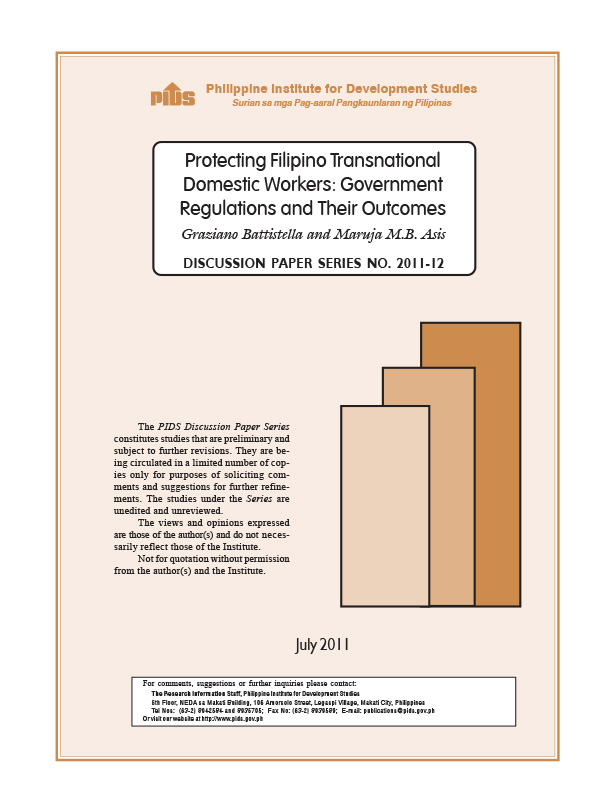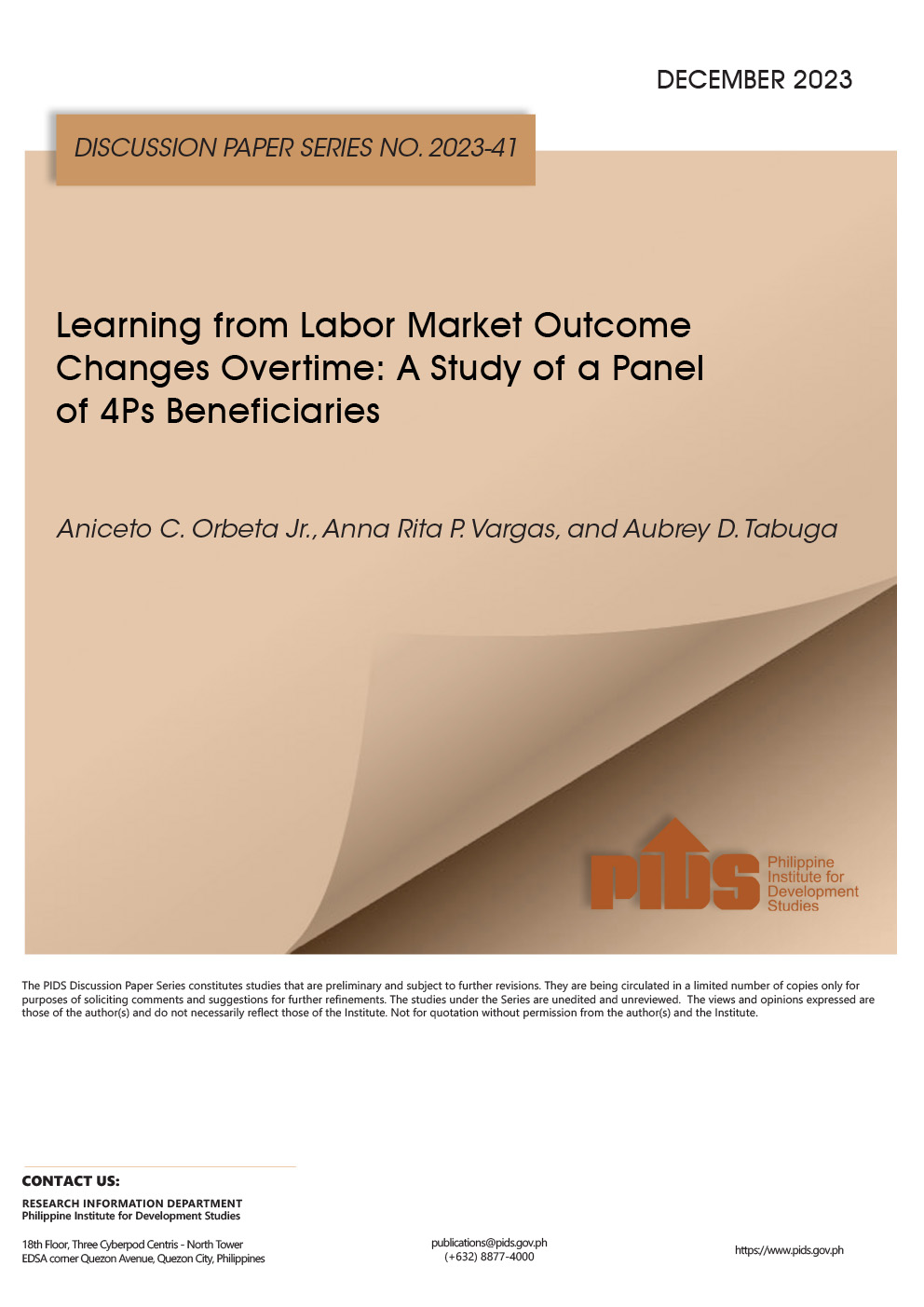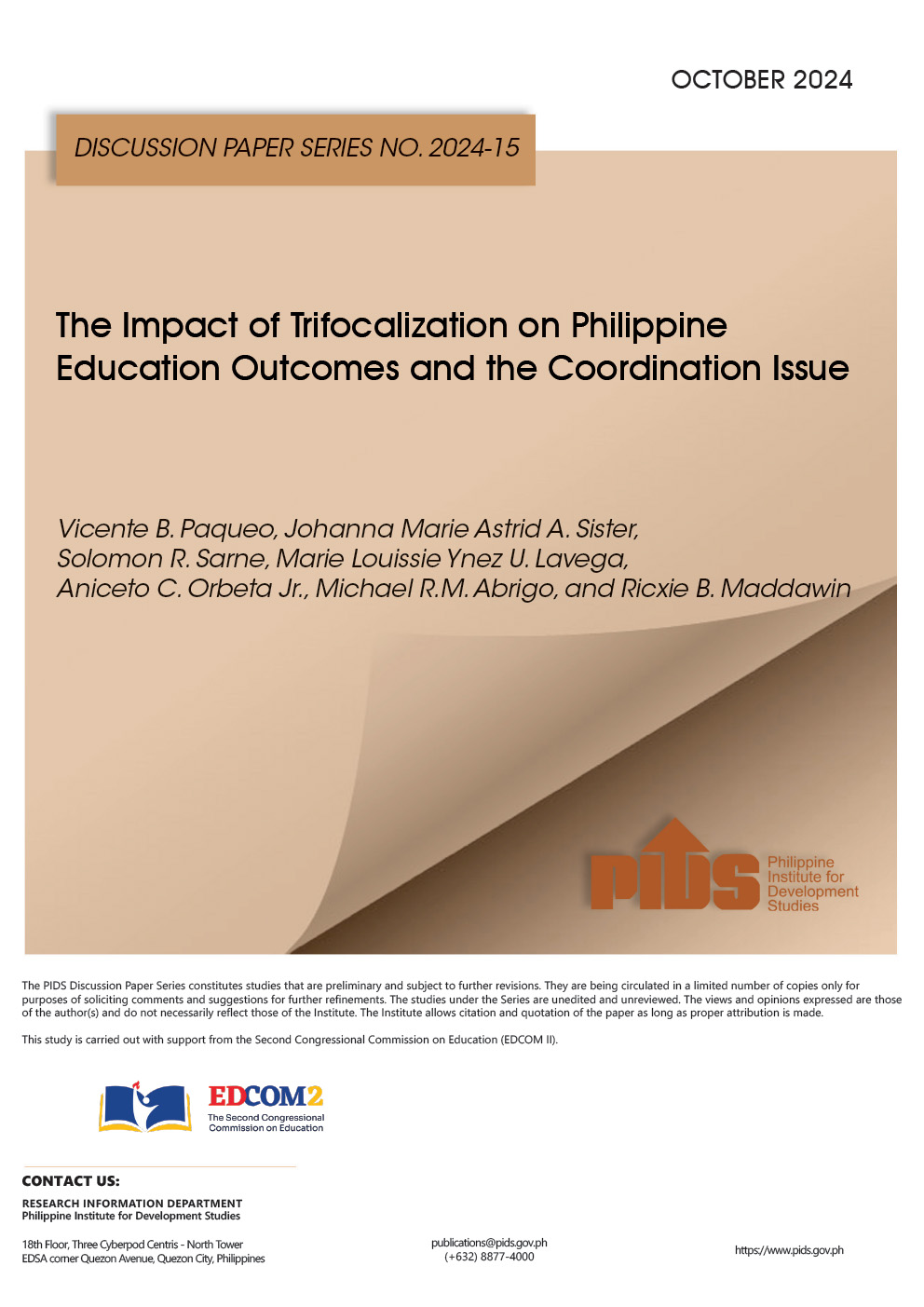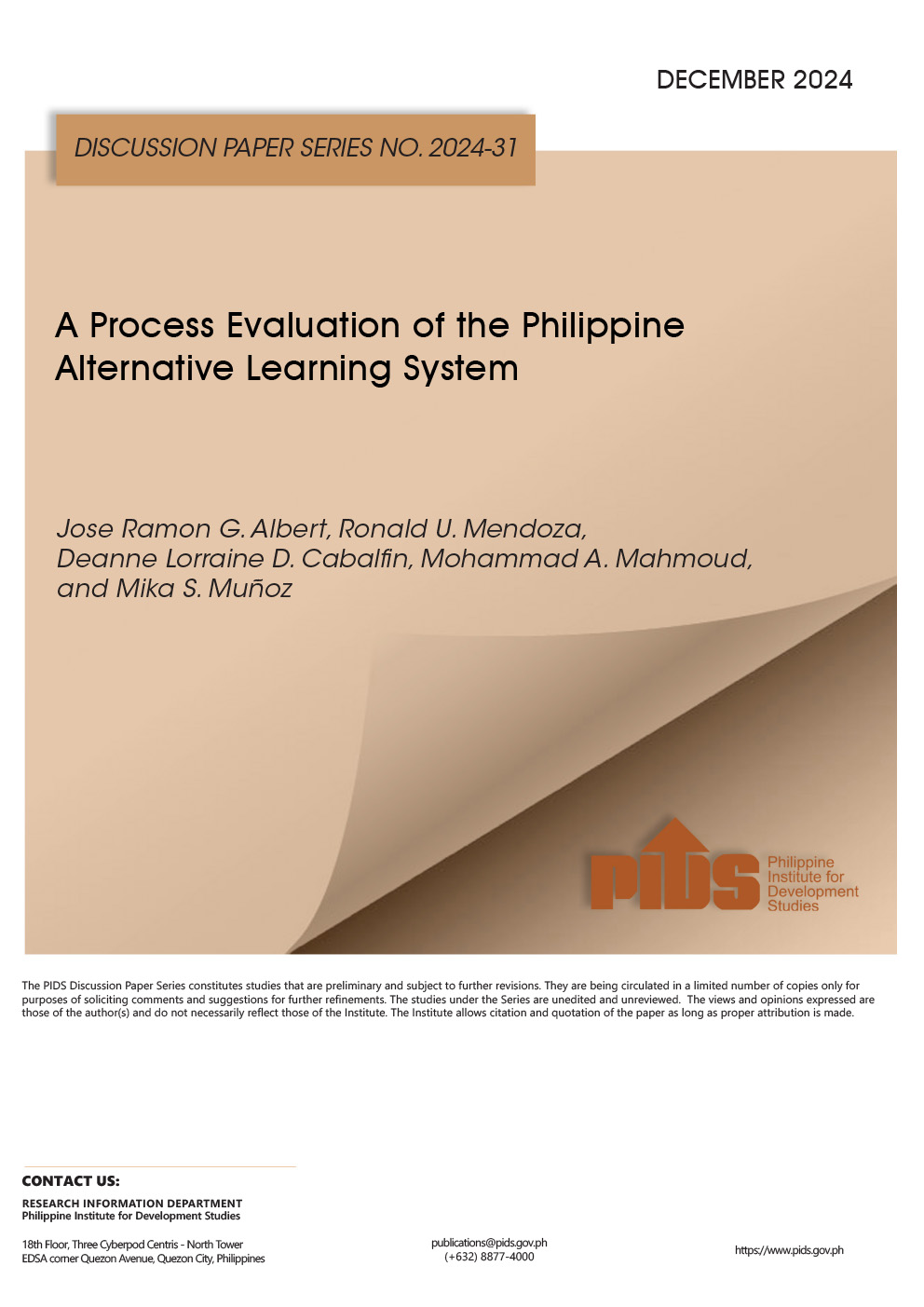This report presents the findings of a study which sought to examine the impact of Philippine government regulations on the status of Filipino domestic workers. The Migrants Workers and Overseas Filipinos Act of 1995 or RA 8042 and its amendments (RA 9422 in 2006 and RA 10022 in 2010) were aimed at enhancing the protection of migrant women, especially those in domestic work. Part I of the report discusses the regulatory framework set in place by the Philippine government for the purpose of protecting Filipino migrants engaged in domestic work. Part II of the report is dedicated to assessing the outcomes of government regulations on the experiences of Filipino domestic workers. The review of literature, development of instruments, data collection, processing of data, and report writing took place between July and December 2010. The report concludes with lessons learned and policy recommendations, which are outlined in Part III. The study highlighted significant gaps in migrant workers` knowledge and understanding of government regulations. Based on the survey of domestic workers prior to migration, many departing migrant workers were not aware of basic work rights and government regulations, particularly those concerning the HSW reform package. The survey findings also indicate the violation of many government regulations. It is clear from the survey that if respondents had a choice, they would have wanted to work at another job. The key recommendations based on findings and insights from the study are programs on migration must be improved to promote awareness and understanding of basic policies, rights, and decent work conditions. Migrant workers` education program must be reinforced with post-arrival orientation programs in the destination countries must be improved. Reintegration services to distressed migrant domestic workers need to be expanded. An important step forward is a review of the HSW reform package in dialogue and consultation with the different stakeholders. Particularly for the government, it must pursue a clear and coherent policy concerning the deployment of domestic workers.
Citations
This publication has been cited 5 times
- Hangzo, Pau Khan Khup and Alistair D.B. Cook. 2012. The domestic workers convention 2011: Implications for migrant domestic workers in Southeast Asia. Working Papers id:4969. eSocialSciences.
- Orbeta, Aniceto Jr. C. and Kathrina G. Gonzales. 2013. Managing international labor migration in ASEAN: Themes from a six-country study. Discussion Papers DP 2013-26. Philippine Institute for Development Studies.
- Orbeta, Aniceto Jr. C. and Michael Ralph M. Abrigo. 2011. Managing international labor migration: The Philippine experience. Discussion Papers DP 2011-33. Philippine Institute for Development Studies.
- Orbeta, Aniceto Jr. C. and Michael Ralph M. Abrigo. 2013. Managing international labor migration: The Philippine experience. Philippine Journal of Development PJD 2011, 38, nos. 1-2. Philippine Institute for Development Studies.
- Orbeta, Aniceto, Jr. and Kathrina Gonzales. 2013. Managing international labor migration in ASEAN : Themes from a six-country study. Governance Working Papers 23422. East Asian Bureau of Economic Research.













